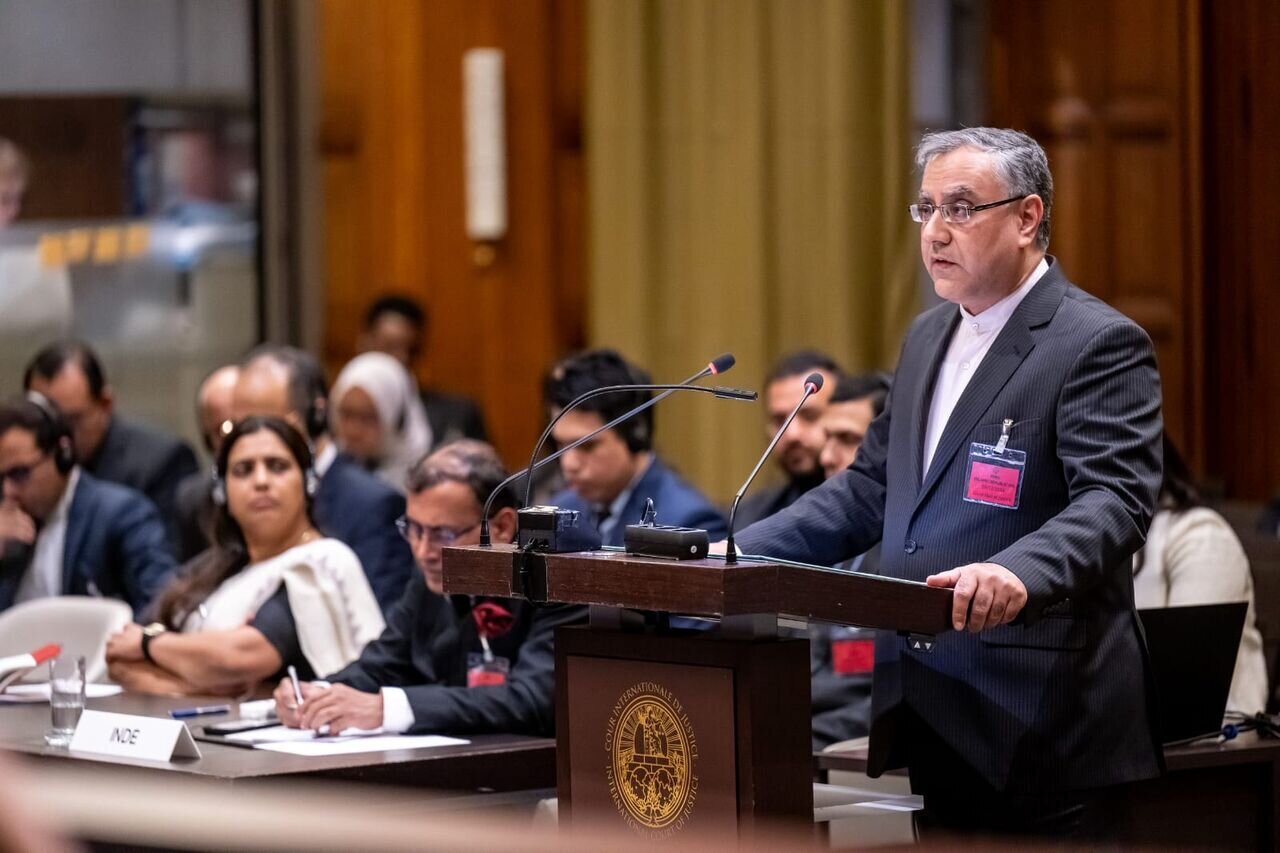Unilateral sanctions hinder climate action, Iran tells ICJ

TEHRAN – At the International Court of Justice (ICJ) in The Hague, The Iranian foreign ministry’s director general of international legal affairs, Ali Mousavi, has denounced unilateral Westen sanctions for obstructing countries' ability to meet their climate change commitments.
Addressing the ICJ's deliberations on an advisory opinion regarding governments' climate obligations, Mousavi highlighted Iran's vulnerability to climate change despite its relatively low emissions. He emphasized the importance of equity, common but differentiated responsibilities and respective capabilities (CBDRRC), and international cooperation in addressing the crisis.
Mousavi criticized developed nations for imposing unilateral coercive measures that impede technology transfer and financial support essential for climate mitigation efforts in developing countries. He urged the ICJ to recognize these restrictions as violations of international cooperation principles.
"Developed countries must take the lead in reducing emissions and supporting developing nations through financial resources, technology transfer, and capacity building," Mousavi said, citing the UNFCCC, Kyoto Protocol, and Paris Agreement as key frameworks.
He stressed the significance of the CBDRRC principle, which assigns differentiated obligations based on historical emissions and current capacities. Mousavi argued that developed nations' leadership should include financial contributions, technology transfer, and capacity-building initiatives for developing countries.
"Without access to technology and resources, developing countries cannot effectively participate in global climate mitigation efforts," Mousavi told the court.
He criticized trade policies like the carbon border adjustment mechanism, calling them disproportionate measures that unfairly burden developing economies.
